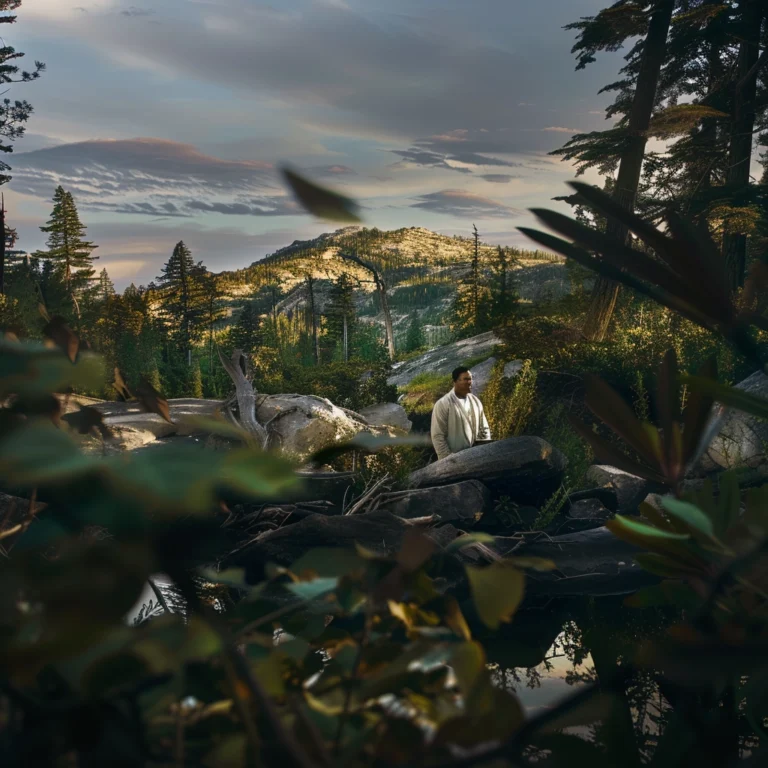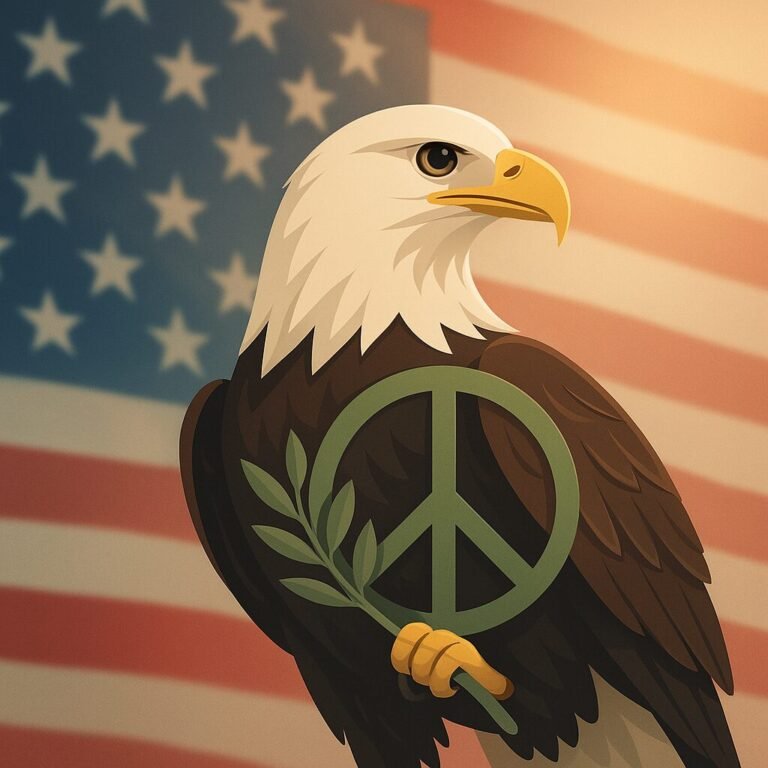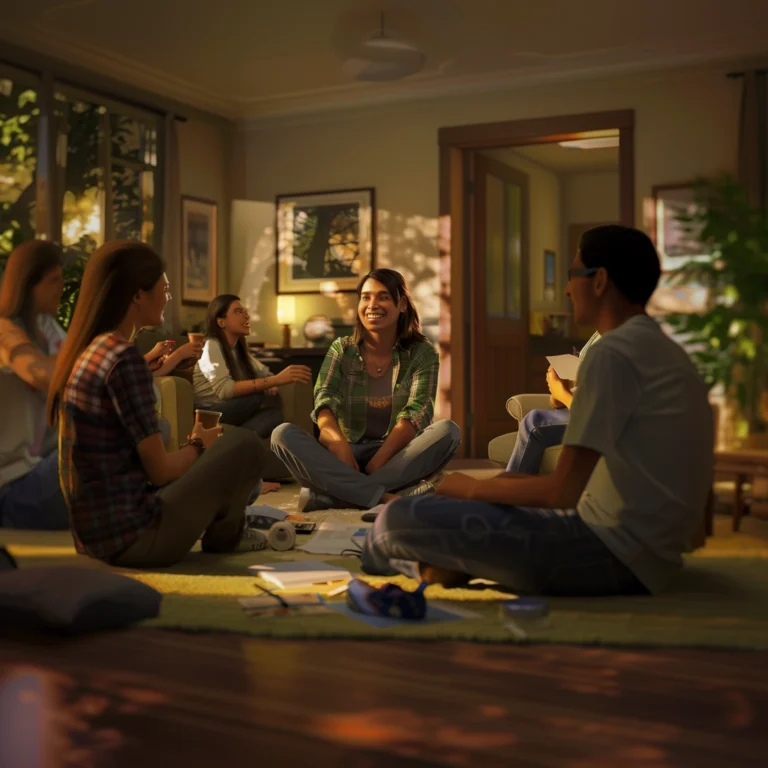A Call to Wake Up Before It’s Too Late
Understanding Cult Mindsets
Misinformation today isn’t just an annoyance — it’s a weapon, meticulously designed to shape belief systems and keep us divided. When I created my Boogie Down Scholar video on Breaking Free from Cult Mindsets, a wave of dread hit me. The more I dug into the topic, the clearer it became that we are being manipulated by a powerful few who benefit from our division. This realization is terrifying. Educators, leaders, and those of us in higher education must wake up and act now. If we don’t, we’ll keep seeing allies turned into enemies, while those pulling the strings continue to win.

Why Are People Stuck in Cult Mindsets?
In my video, I discuss something I’ve seen too many times: people clinging to misinformation because it provides a sense of safety and belonging. The world is complex and chaotic, and these ideological bubbles offer deceptively simple answers. They give people the comfort of being part of something bigger than themselves. But this need for connection is being used as a wedge by those who seek to control and divide us.
We see charismatic influencers creating an “us vs. them” mentality, telling people who to blame and who to fear. This manipulation works because it taps into primal human instincts. Watching this unfold breaks my heart — and terrifies me. In the wake of events like George Floyd’s murder, political divides, and rising social tensions, these echo chambers have grown louder. Social media algorithms trap people further by showing them only content that reinforces their beliefs. I really encourage all to read Renee Diresta’s book about socla media. This isn’t happening by accident. It’s a calculated strategy to keep us apart, and it’s working. I talk about these dangers in detail in my video because understanding this is the first step toward freeing ourselves.
Can Minds Really Be Freed?

This question haunts me: Can we break free, or is it too late? In my video, I discuss how confronting someone’s beliefs directly often triggers the “backfire effect.” Instead of reconsidering, they dig in deeper. It’s frustrating and sometimes feels hopeless. But I refuse to believe we’re beyond saving. There’s still time to wake people up — if we act wisely.
The solution lies in promoting critical thinking and media literacy. We need to help our students, colleagues, and even ourselves learn to question the information we consume. This isn’t a luxury; it’s a necessity. Verifying facts, recognizing biases, and challenging misinformation are survival skills. In my video, I emphasize that if we don’t teach these skills, we’re failing in our roles as educators and leaders. Without them, we remain pawns in someone else’s game.
Building Trust Through Respectful Engagement
I know how hard it is to engage with people trapped in these mindsets. It’s exhausting. But in my video, I stress the importance of respectful engagement. Trust is the key to opening minds. When people feel attacked or ridiculed, they retreat further into their echo chambers. Shaming them only deepens the divide.

Instead, we need to approach these conversations with empathy and genuine curiosity. It’s not easy, and I know some of us are running out of patience. But if we give up, we’re accepting a future of endless division. The people we see as enemies could be our greatest allies if we break through the barriers that misinformation has built. This is a theme I explore in my video because the alternative — a world where division wins — is too terrifying to accept.
The Power of Storytelling
Facts alone aren’t enough. I wish they were, but in my video, I explain how stories are far more effective at changing minds. Personal narratives create connections that facts and data simply can’t. When we share our experiences or listen to someone else’s journey, we humanize each other. The walls of misinformation can start to crumble when people see themselves in someone else’s story.
We need to flood our classrooms, meetings, and communities with stories of unity, resilience, and transformation. In my video, I highlight how storytelling can light the way out of the darkness of misinformation. If we let false narratives dominate, we risk losing each other forever.
What If Minds Can’t Be Freed?
One of the hardest truths I acknowledge in my video is that some people may never change their views. This reality is painful, especially when it involves people we care about. But even when we can’t change minds, we can still model civil confrontation. Respectful disagreement shows others that it’s possible to engage without hostility. We may not sway everyone, but we can inspire those who are quietly watching from the sidelines.
Sometimes, though, the healthiest choice is to walk away. Not every battle is worth fighting. In my video, I talk about the importance of self-care and knowing when to disengage. If we burn out, we lose our ability to make any difference at all. Protecting our sanity isn’t giving up — it’s preserving our strength for the fights that truly matter.
Strengthening Our Communities

Despite my fears, I find hope in community. In my video, I call on us to invest in spaces that value equity, justice, and critical thinking. We need each other now more than ever. As higher education administrators and faculty, we have a responsibility to cultivate these spaces. Together, we can create environments where truth, connection, and growth thrive. By strengthening our communities, we resist those who seek to divide and manipulate us.
The Balance Between Engagement and Peace
I constantly ask myself: How do I balance engaging with those trapped in misinformation and protecting my own peace? In my video, I explore this delicate balance. Thoughtful engagement sharpens our understanding and fortifies our resolve. It’s risky, but necessary. If we can walk this line, we contribute to a more informed and compassionate society. The stakes are too high to ignore.
Breaking Free from Cult Mindsets, is more than a conversation — it’s a warning and a guide. We need to wake up, promote critical thinking, engage with empathy, and share our stories. Most importantly, we must recognize that our true enemies aren’t each other, but the elite few who profit from our division. If we can see through this manipulation, we have a chance to break free and grow together. The future depends on it.
Reflective Questions:
- How can you integrate critical thinking and media literacy into your daily work with students and colleagues?
- What strategies do you use to protect your peace while engaging with those caught in harmful ideologies?







